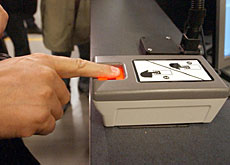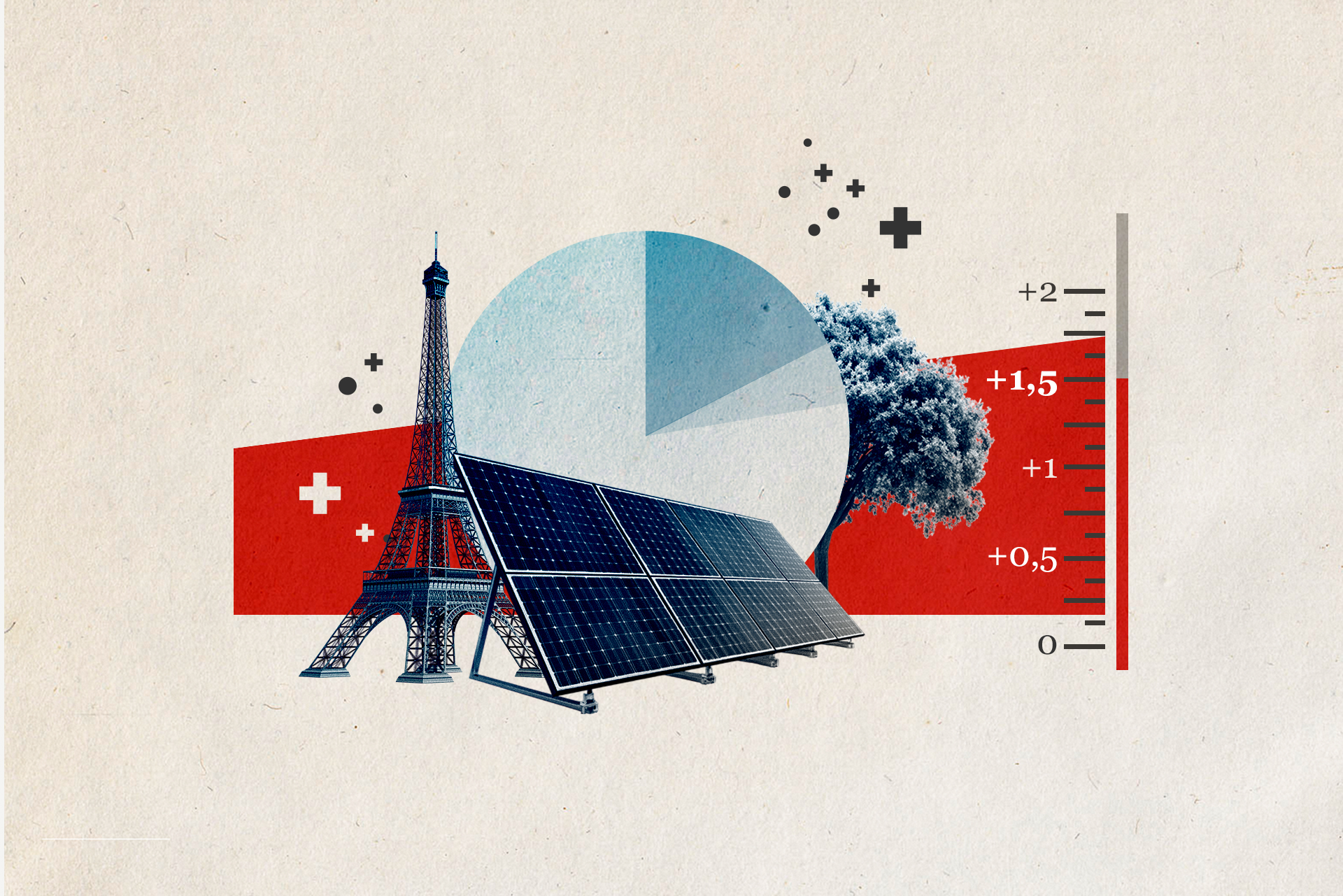
Data protection chief warns of new privacy threats

The head of Switzerland’s data protection commission says anti-terrorism measures and more e-government are undermining personal privacy.
Hanspeter Thür also condemned the United States for ordering airlines to hand over sensitive personal data under tough new border controls.
The new rules will come into force in October 2005 and will apply to citizens from 27 countries, including Switzerland, which are currently permitted to travel to the US without visas for up to 90 days.
They are partly designed to deter terrorists from taking advantage of easier entry restrictions in place for some countries.
They will involve the collection and storage of biometric data such as fingerprints and digital photographs.
Incoming airlines will also be asked to hand over information such as passengers’ religion and credit card numbers – a move which has been criticised by the Swiss.
Not appropriate
Speaking at the launch of the commission’s annual report on Monday, Thür said the new measures were neither appropriate nor useful.
He told swissinfo that personal information about travellers should only be stored in biometric form in their passports and should not be stored on databases by the countries they are visiting.
“If you are trying to check someone’s identity, a technical check of the biometric data in the passport should be sufficient,” said Thür.
“It’s not necessary to have a database to perform such checks.”
He added that it was important to check whether existing regulations were sufficient before new laws were drawn up – even at times of crisis.
Misuse
One of Thür’s main concerns was that sensitive personal data could be misused if it was stored on a database.
A software engineer at America Online was charged last month with stealing the internet service provider’s entire subscriber database and selling the 92 million names on to spammers.
The report also found that the US authorities stored data for too long and noted that the US did not have a data protection law comparable with the one in Switzerland.
Switzerland is now negotiating an accord with the US. Until this is finalised, a temporary solution will permit data to be transmitted to the US authorities with the agreement of passengers.
“We have no ability to influence these measures and it’s up to the individual traveller to decide whether they will subject themselves to these tests,” Thür told swissinfo.
E-government
Switzerland’s drive for more e-government also came in for criticism.
Thür said the authorities’ tendency to put everything online could lead to personal data being published on the internet, which could then be easily accessed via search engines.
The commissioner told the government to take into account the privacy rights of the individual, which are guaranteed under the Swiss Constitution.
He added that recent technological developments, such as electronic surveillance systems, could also intrude on personal privacy and result in conditions such as those described by George Orwell in his novel, “1984”.
swissinfo, Isobel Leybold-Johnson
Stricter border checks will start in October 2005 and will affect 27 countries where citizens can travel to the US without visas for 90 days.
The US is concerned that terrorists might try to exploit easier entry restrictions in place for some countries
But the checks have come under fire from Swiss politicians and data protection officials.

In compliance with the JTI standards
More: SWI swissinfo.ch certified by the Journalism Trust Initiative




























You can find an overview of ongoing debates with our journalists here . Please join us!
If you want to start a conversation about a topic raised in this article or want to report factual errors, email us at english@swissinfo.ch.